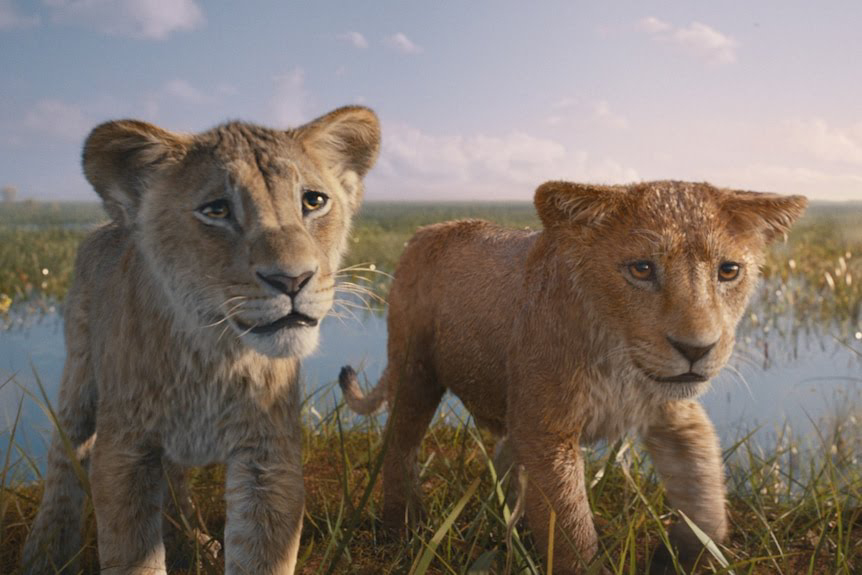When analyzing The Lion King from a psychological and familial perspective, the relationship between Mufasa and Scar is one of the most complex dynamics in Disney’s storytelling. On the surface, it’s easy to chalk Scar’s descent into villainy up to pure jealousy. However, was Scar truly doomed by his nature, or did Mufasa’s apparent favoritism play a role in shaping his destiny? Let’s dive into the age-old nature vs. nurture debate using Scar’s downfall as our case study.
The Nature Argument: Was Scar Born This Way?
In many classic villain archetypes, evil is often depicted as an inherent trait. Scar, whose dark mane and scheming demeanor stand in stark contrast to Mufasa’s golden, noble aura, is the embodiment of a lion on the fringes. Scar’s nature is undeniably different—he’s intellectual rather than physical, using manipulation over strength to achieve his goals.
However, biology doesn’t tell the whole story. Though Scar may have inherited a weaker physique, it’s essential to ask if he was predisposed to treachery or shaped by his environment.
The Nurture Argument: Mufasa’s Favoritism
One of the most compelling arguments for Scar’s bitterness stems from the family dynamic. Mufasa, the powerful and respected king, was the golden child, seemingly destined for greatness from birth. Scar, on the other hand, is sidelined. Even the way the Pride Lands react to each lion highlights the favoritism: Mufasa is celebrated, while Scar is barely tolerated.
In many families, perceived favoritism can have lasting psychological effects on the overlooked sibling. The lack of validation or praise from Mufasa likely planted seeds of resentment. Scar’s repeated references to his “cunning” suggest that he felt underappreciated for the qualities he did possess—intelligence and strategy. Mufasa’s favoring of Simba as the future king would have only deepened those wounds, cementing Scar’s inferiority complex.
Sibling Rivalry or Systemic Neglect?
Sibling rivalry is natural in many families, but when left unchecked, it can fester. Mufasa’s role as a leader meant he had a responsibility not just to rule the Pride Lands, but also to maintain balance within his family. His failure to acknowledge Scar’s strengths or offer him a meaningful role in the kingdom likely contributed to Scar feeling isolated.
This sense of exclusion led Scar to seek validation elsewhere—eventually among the hyenas, a group as downtrodden and bitter as he was. Here, Scar found the loyalty and admiration he craved, albeit for the wrong reasons.
Could Mufasa Have Prevented Scar’s Downfall?
One of the greatest “what ifs” in The Lion King is whether Scar’s descent into villainy was preventable. Had Mufasa shown Scar more empathy or provided him with a role of significance in the kingdom, Scar may not have felt the need to lash out. Acknowledging Scar’s intelligence and ambition could have transformed their relationship from one of rivalry to collaboration.
Moreover, Simba’s rise to power was a clear reminder of generational favoritism. Scar likely saw Simba as the ultimate representation of everything he had been denied—a future king raised in privilege and unconditional love.
Nature vs. Nurture: The Final Verdict
Ultimately, Scar’s downfall was a result of both nature and nurture. While his natural disposition may have leaned toward jealousy and cunning, it was Mufasa’s favoritism and lack of emotional support that pushed him over the edge. Family dynamics are nuanced, and unresolved childhood wounds can manifest in destructive ways.
In The Lion King, the tragic relationship between Mufasa and Scar serves as a cautionary tale about the dangers of favoritism and the need for empathy within families. By recognizing and addressing each family member’s unique strengths, we can prevent resentment from taking root—a lesson as timeless as the Circle of Life itself.








